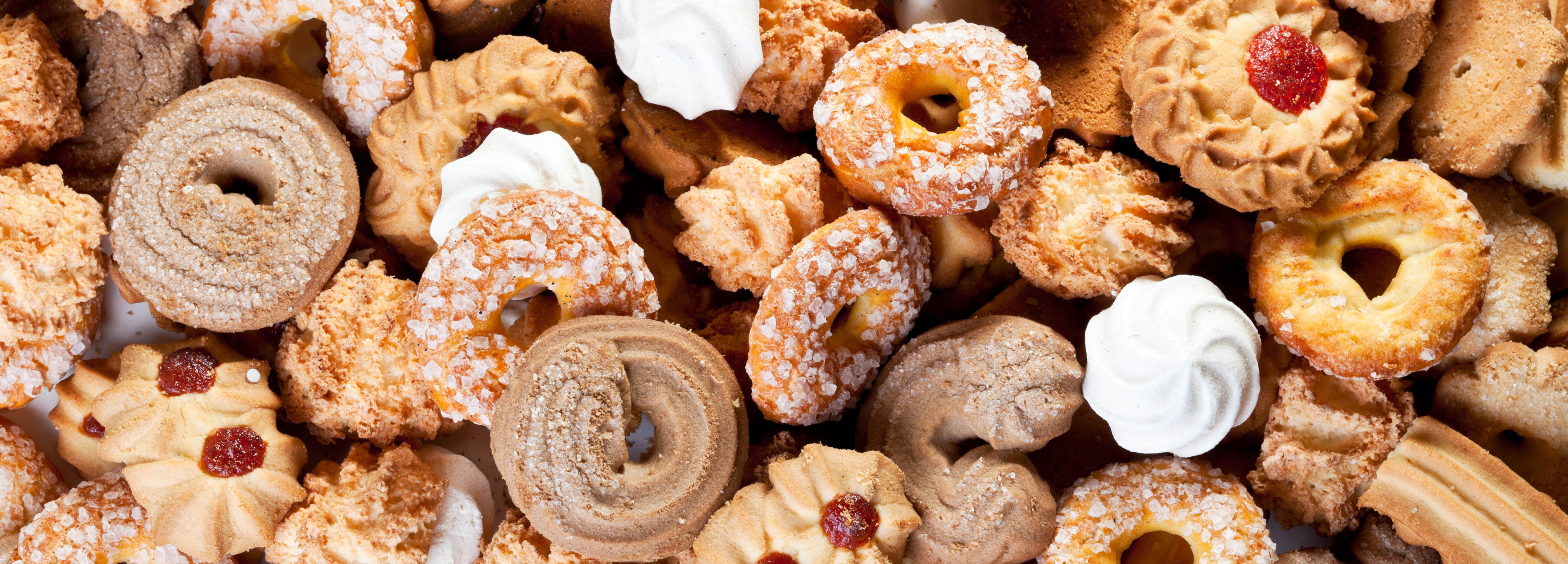Prologue
- Week-1 update: Week-1 update
- Week-2 update: Week-2 update
Right…
Into the last leg now. I can almost smell the juicy almond croissant at the end of it. But no more whining this week, because things have definitely gotten better. I don’t crave sugar anymore. And I don’t go into a murderous rage everytime someone mentions hot chocolate or cake in front of me. Also, some interesting things have been happening with my taste buds. I’ll explain in a bit.
The law of diminishing returns
The law of diminishing returns (which is actually an economic principle) states that in all productive processes, adding more of one factor of production, while holding all others constant (“ceteris paribus”), will at some point yield lower incremental per-unit returns. But it applies to almost anything that makes us feel good. For example, if you could eat Tiramisu everyday, by day 4, you’d get tired of it. Simple.
During this challenge, I’ve found that the opposite of the law of diminishing returns is also true. Once you start depriving yourself of a certain something you love, you also start appreciating it so much more. For years, Joni Mitchell has been going on about how you never know what you’ve got till it’s gone. I finally get her. Ever since my no-sugar diet, my palate has become so sensitive to anything sweet, that small amounts of it satiate me immensely. For example, my banana breakfasts are feasts I actually look forward to. Kind of sad, but also deeply satisfying that small things can now bring so much happiness to me. Whereas, earlier, it would’ve taken a whole peanut-butter-banana milkshake. Topped. With. Cream.
Opening up
It is an oft-repeated idea that blind people compensate for their lack of sight by learning to use their other senses better. Daredevil, anyone. Without going into too much detail, there are a few studies that support this hunch. The neural reorganisations that happen in our brains in the lack of a particular sense—be it sight or sound—lead us to percieve the sensory stimuli in a different manner, thereby making our other senses more acute. This is knowns as Neuroplasticity.
And I believe that something similar is happening with my taste buds.
Let’s consider the spectrum of foods that I could consume. It stretches right from the raw stuff to heavily processed:

Before, my daily intake was restricted to this range

And now, it has shifted to this

So previously, I wouldn’t have enjoyed things from this range of the spectrum at all. Why? Because my taste buds, I believe, were desensitised to the more subtle flavours and needed strong, concentrated signals to be happy. Now that I have restricted myself, things from this range of the spectrum are becoming more enjoyable.
I remember when we were kids my father used to extol on the virtues of pistachios and how they are delicious and healthy at the same time. And to me, it just seemed preposterous, back then, that someone would choose to have pistachios over bread-butter-jam. Why would he do that? Especially an adult, who could make his own choices. I mean, I had no power, being a kid and all. But he had the power to choose and he was wasting it, I thought.
Now I get it though. And I say this as I am digging into my own stash of pistachios as I am typing out this entry. (ツ)
Awards time
And, for the second time in a row, this week’s award for more intolerable cruelty goes to my wife!
So here’s what happened. I come home to find that the house is smelling of something freshly baked. I look around and I see a half-eaten cake in the cupboard. Not only that, I later learn that she had coaxed her mum, who’s staying with us for a bit, to actually bake one at home! Her idea of defence—“I tried to hide it from you!”
I think I’d prefer to be single for a while now.

